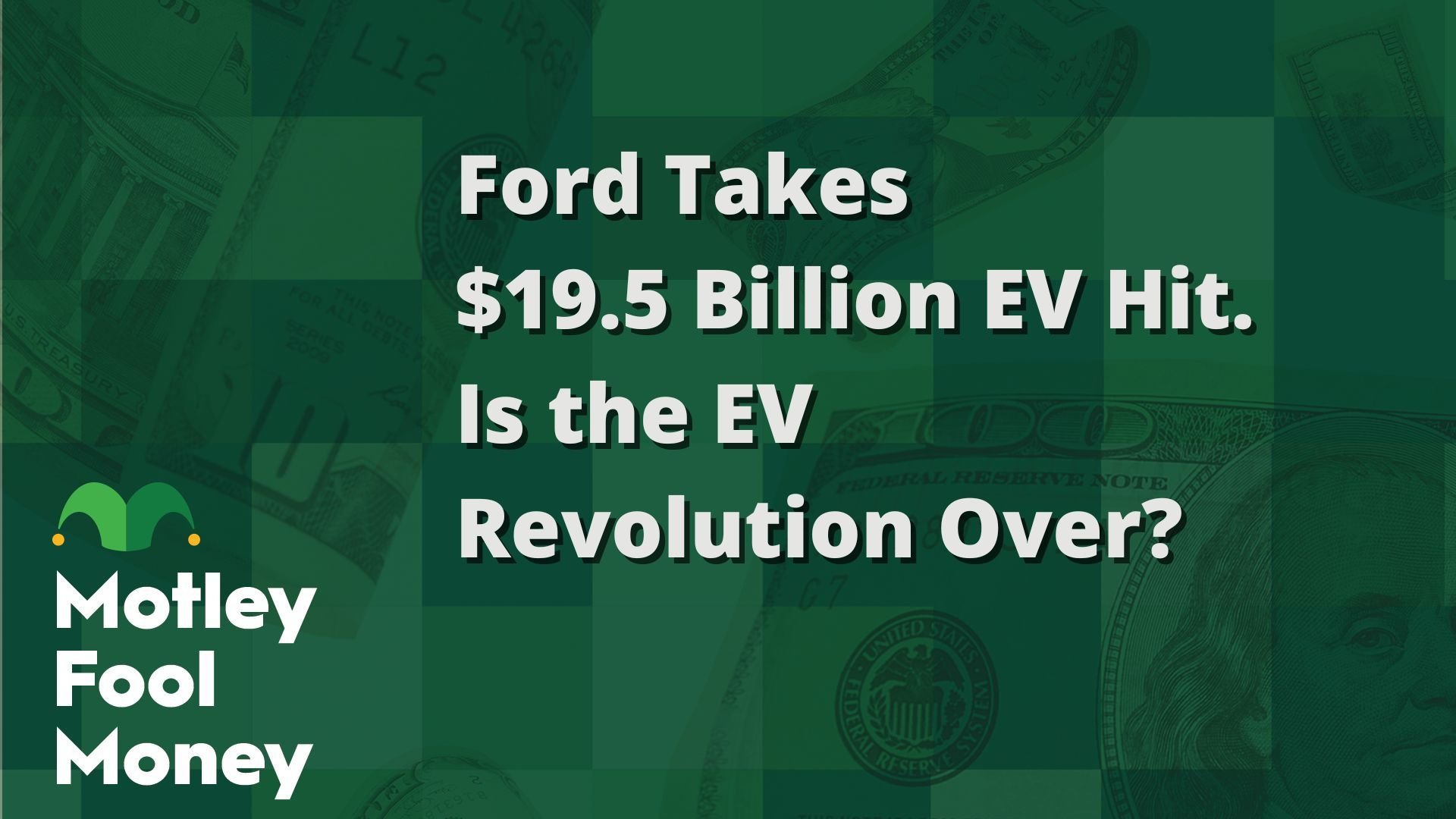Many tech and auto companies believe that driverless cars will start hitting public roads within the next decade. Research firm Boston Consulting Group estimates that the entire market for driverless cars, which includes both the cars and technologies inside the vehicles, could be worth $42 billion by 2025. Bullish forecasts like those have made the driverless market a hot one for speculators, lifting the prices of many top stocks across the industry.
NVIDIA (NVDA +1.52%), which has a rapidly growing automotive chip business for connected and driverless cars, soared 220% over the past 12 months and trades at almost 40 times earnings. Mobileye (MBLY +0.00%), which provides collision detection systems for 90% of the top automakers in the world, rallied more than 40% over the past 12 months and trades at 114 times earnings.

Image source: Getty Images.
Conservative investors will probably scoff at those high valuations, but there are still cheaper ways to gain exposure to that high growth market. Let's take a closer look at two such companies -- Qualcomm (QCOM 2.16%) and Ford (F 0.94%) -- that trade at low multiples but could reap big gains from the growth of autonomous vehicles.
Qualcomm
Qualcomm is mainly known as the biggest mobile chipmaker in the world, but it could also become the biggest automotive chipmaker if its proposed acquisition of NXP Semiconductors (NXPI 3.53%) is approved by regulators. Over the past few years, Qualcomm's chipmaking business has lost market share to cheaper chips from rivals like MediaTek and first-party ARM chipsets from major OEMs. Its high-margin licensing business has come under fire from regulators and OEMs, who claim that the royalties are too high.
To counter those threats and diversify its business away from mobile devices, Qualcomm launched custom Snapdragon chips for connected cars, drones, wearables, and other Internet of Things (IoT) gadgets. It acquired IoT and automotive chipmaker CSR for $2.4 billion in 2015 to gain a foothold in both markets, then offered $47 billion to take over NXP in late 2016. If the NXP deal closes, it will boost Qualcomm's "serviceable addressable markets" by about 40% to $138 billion in 2020, be "significantly" accretive to non-GAAP earnings, and generate $500 million in annualized run-rate cost synergies two years after the deal closes.
Qualcomm stock has underperformed the overall market with a 9% gain over the past 12 months, due to its near-term competitive and regulatory headwinds. However, the stock's P/E of 17 is much lower than its industry average of 22, making it a fairly cheap play on connected and driverless cars.
Ford
Ford has invested heavily in the driverless market over the past two years. In late 2015, it announced a $4.5 billion investment in electric and autonomous vehicles by 2020. Last August, Ford declared that it would mass produce fleets of driverless cars and run them in a commercial ride-hailing operation by 2021. It also acquired Israeli start-up SAIPS, a developer of computer vision tools for driverless cars. The following month, it announced the acquisition of Chariot, a San Francisco ride-hailing service for shuttles.
At CES in January, Ford revealed its Fusion hybrid autonomous vehicle, which is connected to Amazon's Alexa voice assistant. In February, it announced a $1 billion investment in its new driverless unit Argo. Those building blocks all indicate that Ford not only plans to challenge its rival automakers in the driverless market, but also take on companies like Uber and Lyft.

Ford's autonomous Fusion hybrid. Image source: Ford.
Those moves could help Ford evolve into a tech company over the next decade, but many investors are currently focused on the automaker's flat-to-single-digit sales growth over the past three quarters, its soft sales in the U.S., and its late arrival to China. Those cyclical pressures caused Ford stock to stay flat over the past year year, but it remains cheap at 11 times earnings -- which is lower than its industry average of 13.
The key takeaway
Qualcomm and Ford are currently cheap because they face a lot of near-term challenges. Those headwinds could drive both stocks lower, so investors should fully understand those risks before starting new positions. However, investors interested in driverless cars should keep a close eye on both stocks -- which are cheaper plays in a market which often showcases more richly valued companies.









